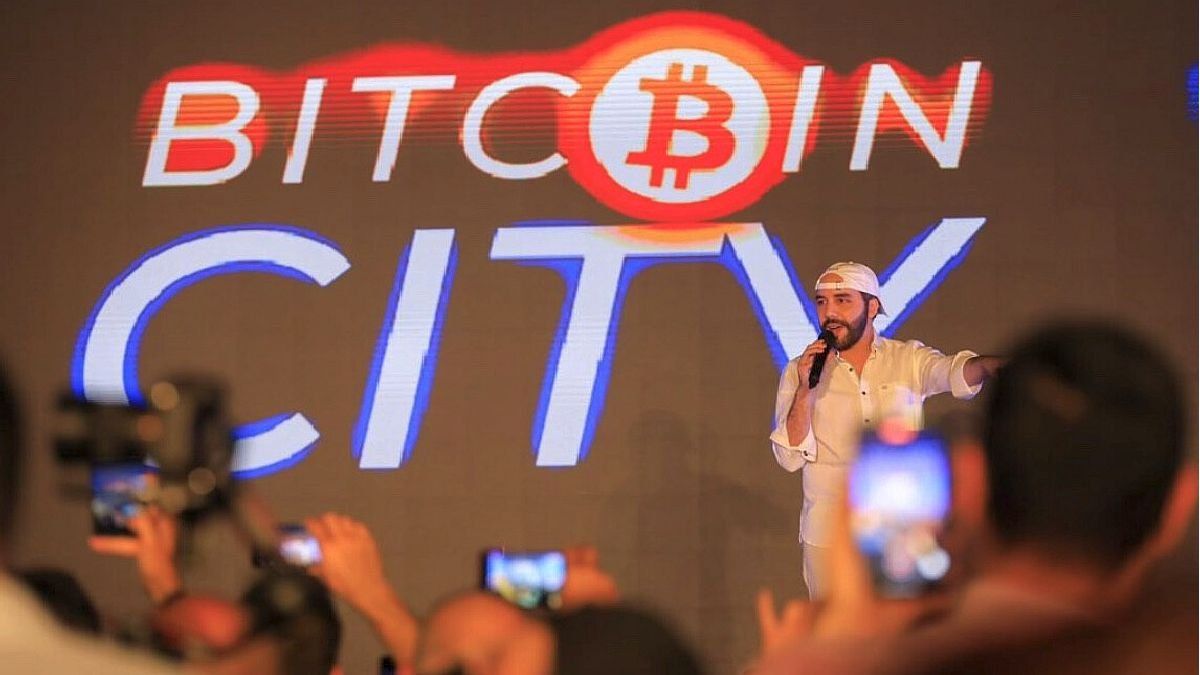Although risks “have not materialized so far due to the limited use of Bitcoin” could be used more in the future being legal tender and due to the new legislative reforms to encourage the use of cryptoactivesincluding tokenized bonds, experts warn.
In this context, they say, “Underlying risks to financial integrity and stability, fiscal sustainability, and consumer protection persist”reported the AFP agency.
For the IMF Greater transparency ‘remains essential’ about government transactions in Bitcoin and the financial situation of the “state wallet” known as chivo.
“Given the legal risks, fiscal fragility and nature in large part speculative of the crypto markets” the IMF recommends to the authorities that “reconsider your plans to expand government exposure to Bitcoinincluding the issuance of tokenized bonds”.
In 2022 the Salvadoran economy grew 2.8% and since March of that year “the unprecedented reduction in crime and strong income from remittances and tourism have contributed to the robust dynamics of activity and investment,” says the IMF.
The international credit organization had already warned about the exposure of the country’s reserves to this cryptocurrency. In early 2022, he had urged the country to abandon this measure and called for strict regulation of the country’s e-wallet.
In 2021, the country risk of El Salvador has remained high, but on November 15 of that year it reached 11.21%, the highest point since records are available, that is, October 2007. For this reason, El Salvador faces problems to acquire international credits in multilateral organizations. For investors, Bukele is not to be trusted due to actions “of an authoritarian nature”, his distance from the United States and a violation of “democratic institutions”. El Salvador is in a serious economic liquidity problem.
The world’s leading cryptocurrency suffered a significant loss in value from its high of nearly $69,000. Currently it remains below the $23,000a figure that it exceeded for a brief interval of time.
Source: Ambito




